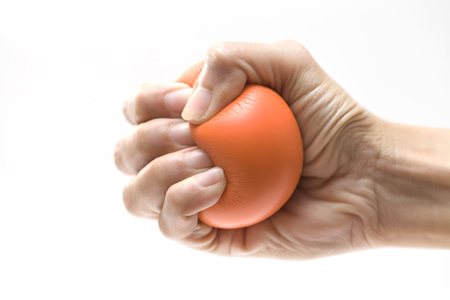Exposure to Stress Hormone Leads to Poor Decision-Making
Adolescence may be a period of particular vulnerability to the effects of stress. New research by Shannon Gourley indicates a possible mechanism for this vulnerability. When Gourley exposed adolescent mice to low levels of the stress hormone corticosterone (the equivalent to human cortisol), they developed habit-based rather than goal-oriented decision-making, leading to behaviors that resembled human depression, which lasted into adulthood. Adult mice that were exposed to the low levels of corticosterone were not affected by it.
Gourley also used an alternative method of producing these stress responses a second time by silencing the trkB receptor for brain-derived neurotrophic factor (BDNF) in the amygdala and hippocampus of the mice. The depression-like behaviors that resulted, such as lack of motivation, were able to be reversed by treating the mice with 7,8-dihydroxyflavone, a drug that activated the trkB receptor. In the adolescent mice, this treatment had antidepressant effects that lasted into adulthood, even though the treatment stopped earlier.


